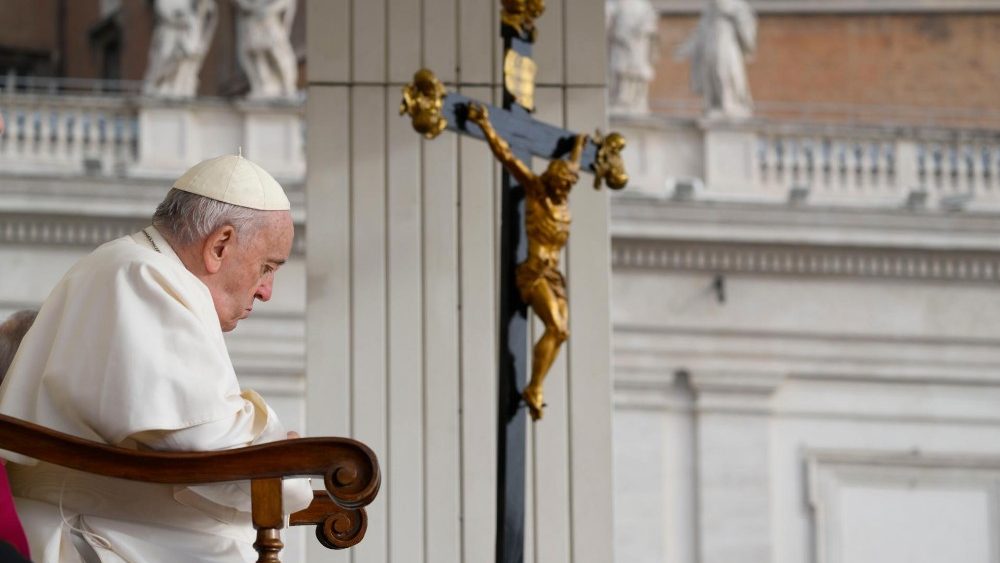The Holy Father continued his catechesis on spiritual discernment. On this occasion, he focused his reflections on the positive role that sadness can play in the spiritual life. First of all, he pointed out how interior desolation is something that all people have experienced at some time, even if they obviously do not want it for their lives. "No one would want to be desolate, sad. We would all like a life that is always joyful, happy and satisfied".
When a person walks through life allowing himself to be carried away by bad habits, sooner or later sadness and remorse appear. To explain this idea, the Pope commented at length on a scene from one of his favorite novels, "The bride and groom"Alessandro Manzoni, in which he describes remorse as an occasion to change one's life.
Sadness
The Pope gave some tips on how to deal successfully with sadness. "In our time, it is mostly considered in a negative way, as an evil to flee from at all costs, and yet it can be an indispensable alarm bell for life". Referring to St. Thomas Aquinas, he defined sadness as a pain of the soul that serves to call our attention to a danger or a neglected good (cf. "Summa Theologica". I-II, q. 36, a. 1.). For this reason, the Pope insisted, "it would be much more serious and dangerous not to have this feeling" and he recalled a wise counsel that recommended "not to make changes when one is desolate".
And the Pontiff continued: "For those who have the desire to do good, sadness is an obstacle with which the tempter wants to discourage us. In such a case, we must act in exactly the opposite way to what is suggested, determined to continue what we have set out to do (cf. "Spiritual Exercises", 318). Let us think of study, of prayer, of a commitment we have undertaken: if we were to abandon them as soon as we feel boredom or sadness, we would never complete anything. This is also an experience common to the spiritual life: the path to the good, the Gospel reminds us, is narrow and uphill, it requires a struggle, a conquering of oneself. I begin to pray, or I dedicate myself to a good work and, strangely enough, it is precisely then that things to do urgently come to my mind. It is important, for those who want to serve the Lord, not to let themselves be guided by desolation".
Spiritual accompaniment
The Pope pointed out how, "unfortunately, some people decide to abandon a life of prayer, or the choice they have made, marriage or religious life, driven by desolation, without first stopping to read this state of mind, and above all without the help of a guide". The help of spiritual accompaniment is a recurring idea in this catechesis on discernment.
The Holy Father also underlined how the Gospel shows the determination with which Jesus rejects temptations (cf. Mt 3:14-15; 4:1-11; 16:21-23). Trials serve to show the desire to fulfill the Father's will. "In the spiritual life, trial is an important moment; the Bible explicitly reminds us of this: 'If you come to serve the Lord, prepare your soul for trial'" (Sir. 2,1). In this way, you can come out of the test stronger.
Finally, he recalled how "no trial is beyond our reach; St. Paul reminds us that no one is tempted beyond his ability, because the Lord never abandons us and, with him close at hand, we can overcome every temptation" (cf. 1 Cor 10:13).









